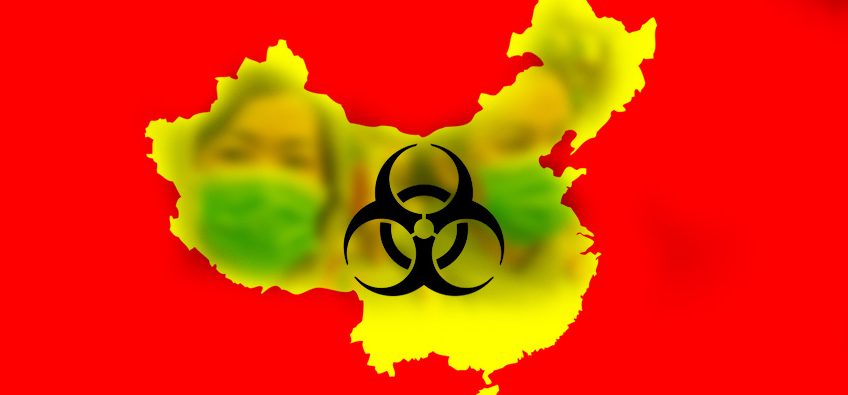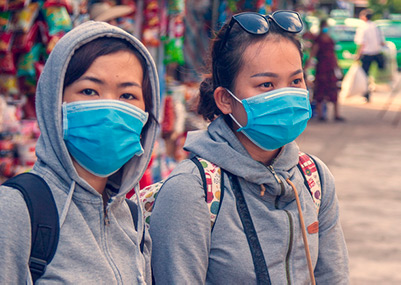
In a Crisis

The Coronavirus is a terrible event and a good reminder.
We join the rest of the world in hoping that this outbreak is limited, as was its related coronavirus malady Severe Acute Respiratory Syndrome. SARS also originated in China, and resulted in some 8,000 cases in 2002-2003, but fewer than 800 deaths.
That is quite limited compared to the biggest pandemic in history, the Spanish Flu of 1918. That one infected a half billion people – and that is not a typo! No one knows for sure how many lives it claimed, but estimates range from 20 million to 50 million victims, including as many as 675,000 Americans. That was on a US population base of 103 million.
An equivalent US death toll today would be 2,144,000. That’s like the entire population of Phoenix, Scottsdale, and Chandler combined.

While it remains to be seen what this virus will bring, it is beginning to concentrate peoples’ minds. If you listen to radio talk shows or eavesdrop in a Starbucks, you hear concerned people wondering aloud what might happen next.
As the coronavirus has spread in China, so too have quarantines. We think an early outcome of a spreading disease and quarantines is problems with the grid. That primarily means the power grid, but a broader definition should include the transportation grid and the communications grid.
Some of our readers will recall all the things that were shut down after 9/11, especially air travel. Today’s epidemic has us wondering how long these grids can function if whole cities and workers are quarantined. We may learn from China’s experience. In any case, we wonder what would happen if the increasingly stressed national electricity grid went down, or if transportation were broadly encumbered.
What would you do if a power grid interruption meant ATM machines stop spitting out cash? Or if emergency health measures mean that banks and other business can’t open for some time?
Tragedies can provide us valuable reminders. When the questions have to do with the monetary system, the answer is that in a crisis you would be very happy to own gold and silver, the world’s most liquid commodities. Precious metals have weathered the storms and saved fortunes and even lives for people throughout the ages and around the world.
Contact Republic Monetary Exchange and speak with one of our precious metals professionals today, before a crisis.
